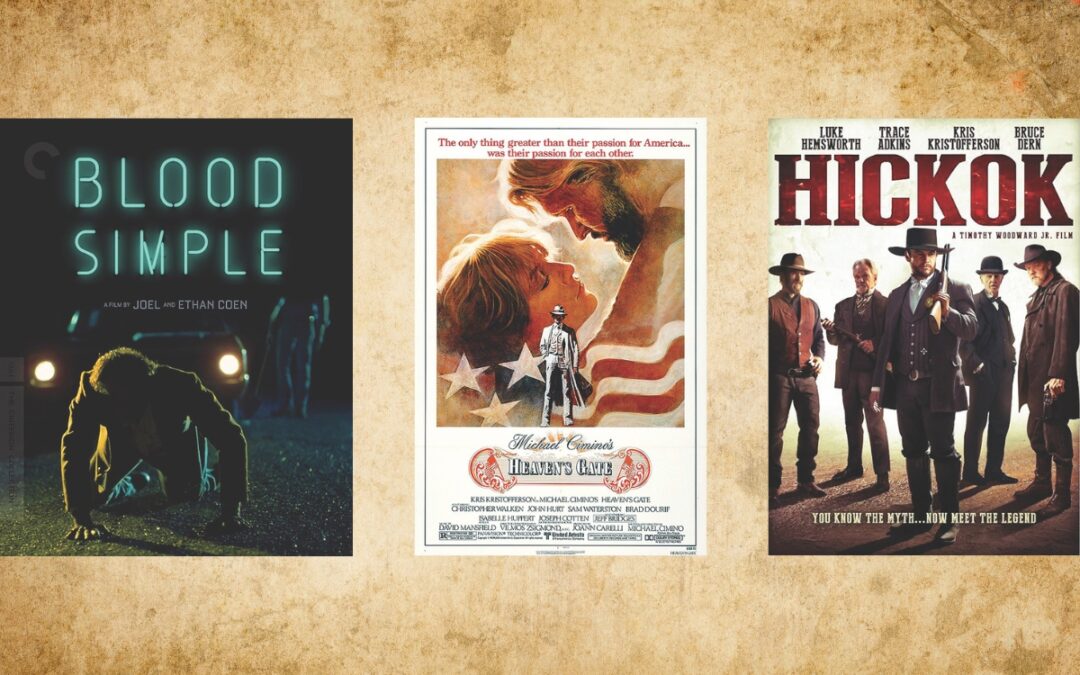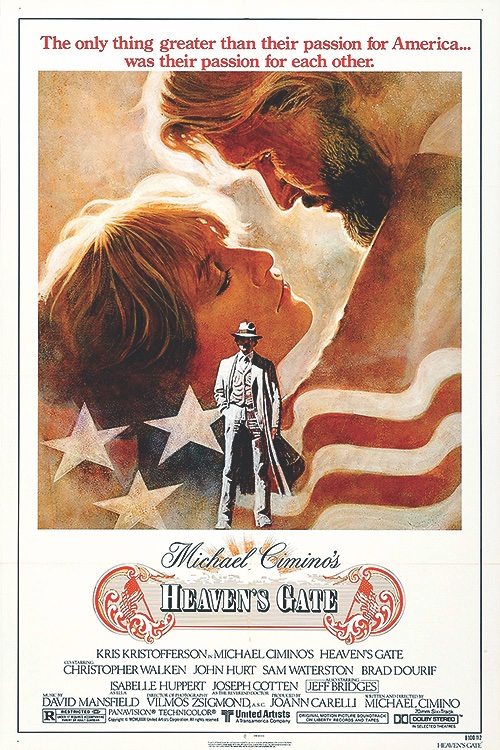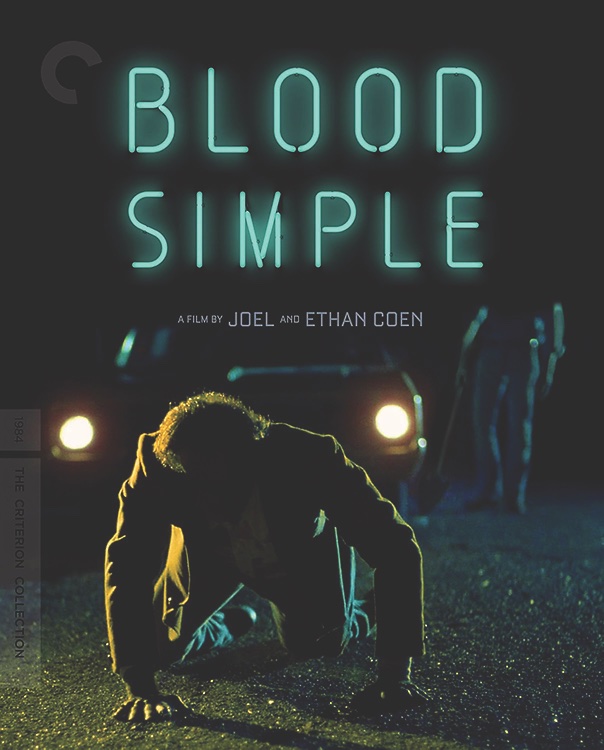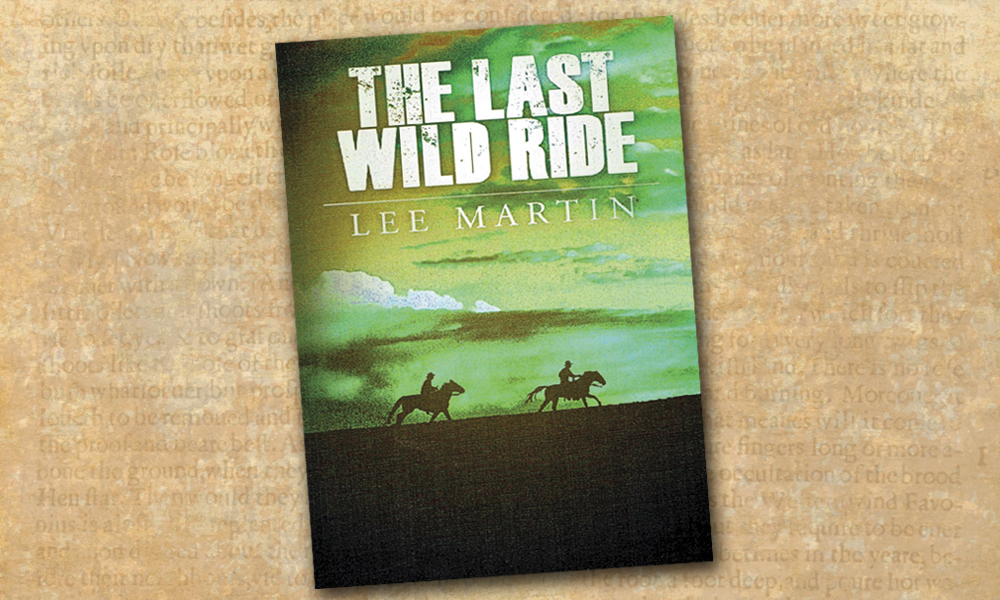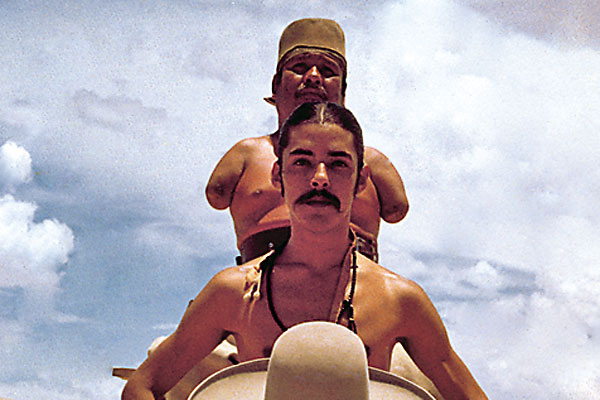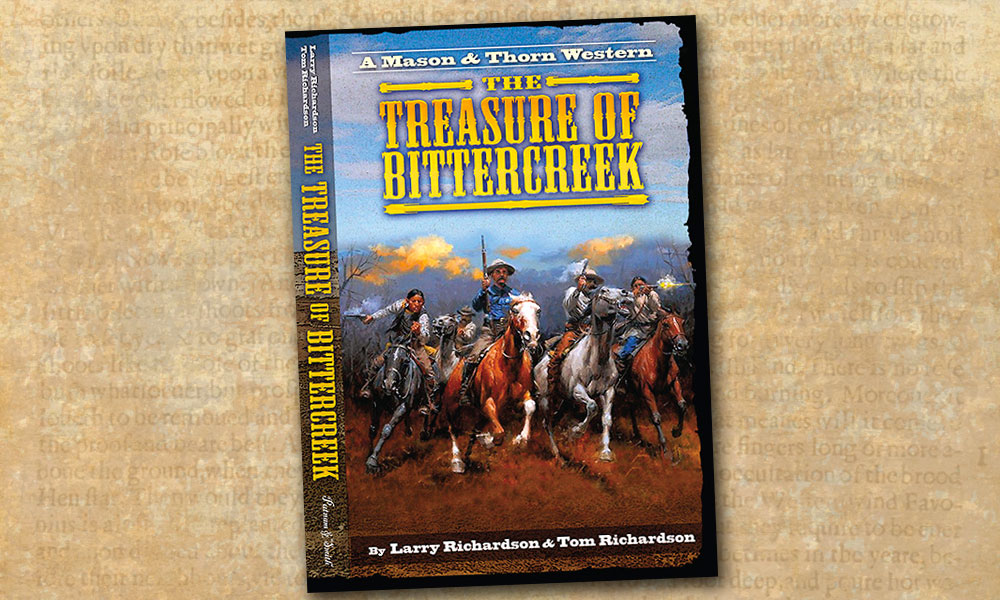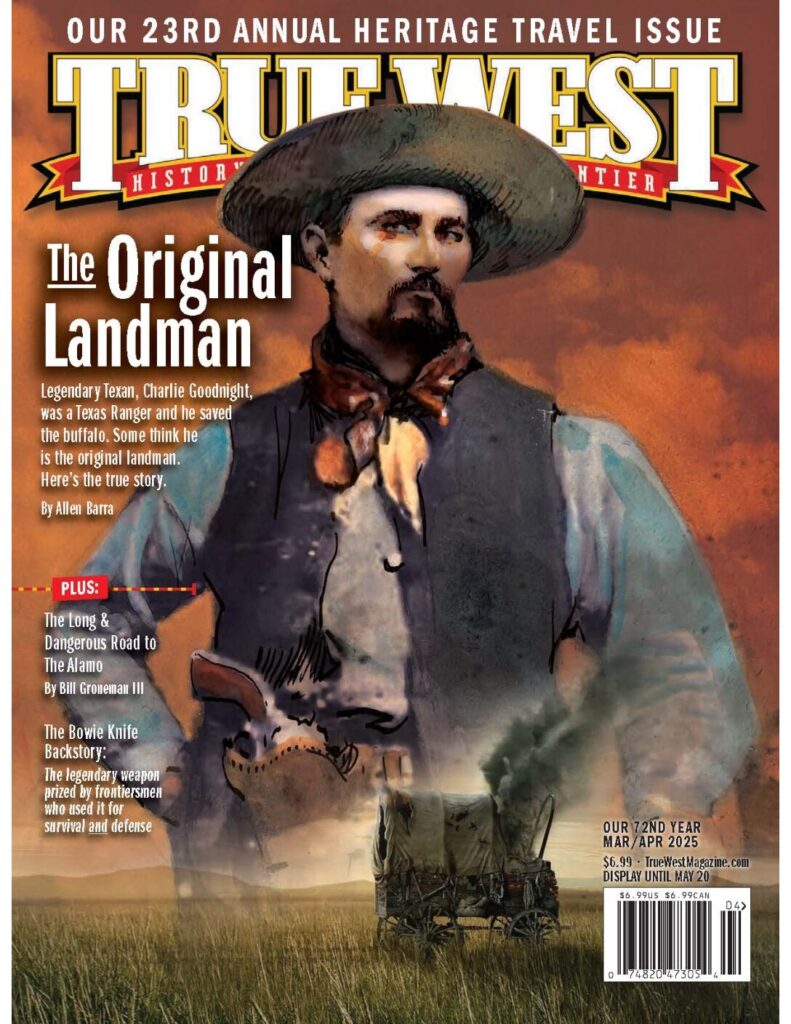The scholar, songwriter, pilot also acted in dozens of Westerns
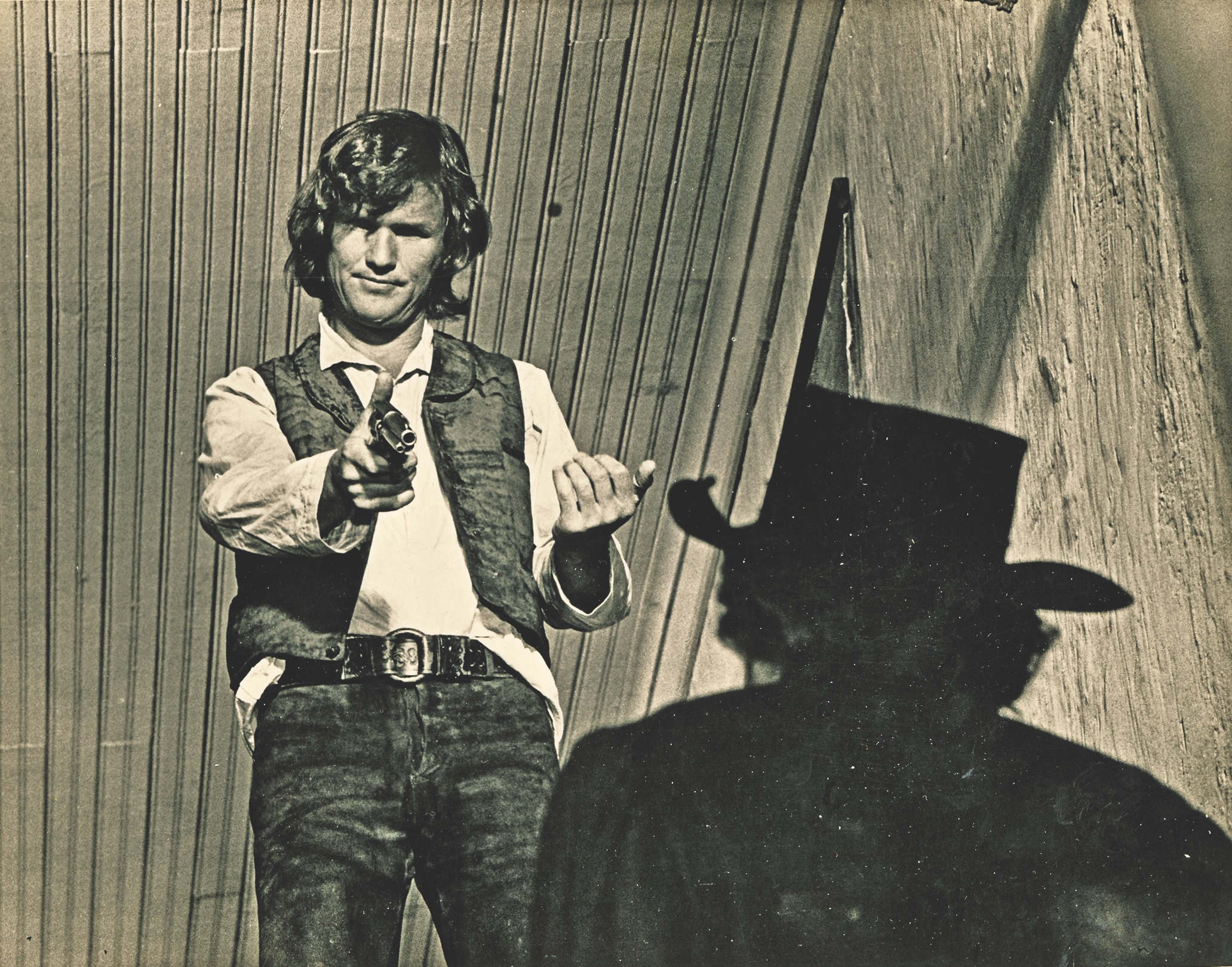
If he’d done nothing but write Me and Bobby McGee, and Sunday Morning Coming Down, he would have achieved musical immortality. Since the September 2024 passing of Kris Kristofferson at the age of 88, a great deal has been written about the Air Force brat turned Rhodes scholar turned Air Force helicopter pilot turned Nashville songwriter turned actor. Most of what’s been written about his acting has centered on A Star is Born. (“Filming with Streisand is an experience which may have cured me of movies,” he said.) Very little was written about the fact that he appeared in more than two dozen Westerns. His film debut was a small role as a minstrel wrangler in Dennis Hopper’s experimental Western, The Last Movie. Two years later he starred as Billy in Sam Peckinpah’s Pat Garrett & Billy the Kid. He made two more films for Peckinpah—Bring Me the Head of Alfredo Garcia and Convoy. The size and scope of his films ran the gamut, from 1980’s studiobankrupting Heaven’s Gate to 2016’s straight-to-video Traded. He played Abraham Lincoln in Tad (1995) and Andrew Jackson in Texas Rising (2015). He was chilling as a corrupt lawman in John Sayles’ Lone Star (1996). He made a handful of films co-starring with his musical Highwaymen cohorts, Waylon Jennings, Willie Nelson and Johnny Cash—they starred together in a remake of Stagecoach, and Kris played Jesse to Cash’s Frank in The Last Days of Frank and Jesse James.
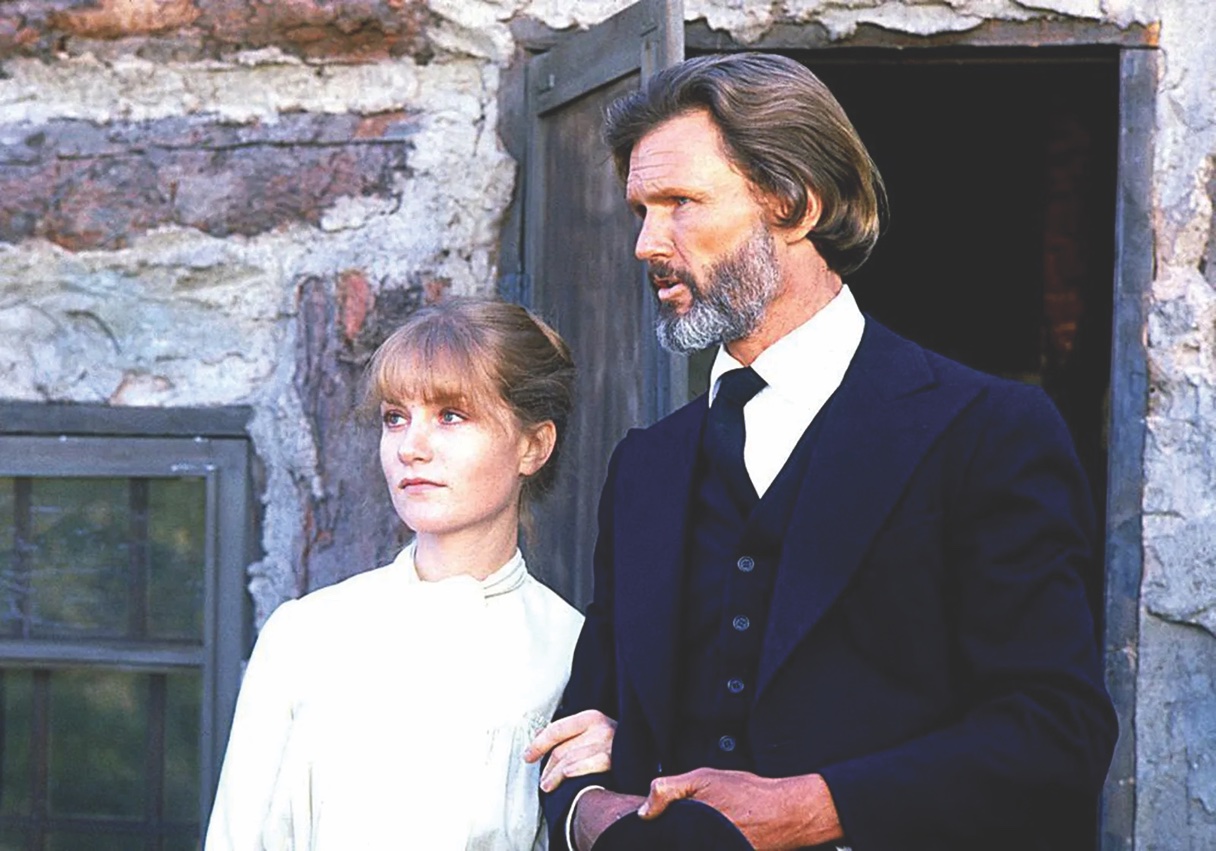
In July of 2017, I was on set for the second day of what would be Kristofferson’s final Western, Hickok. They were shooting at Caravan West Ranch in Santa Clarita. The film was based on events in the early career of soon-to-be legendary lawman Wild Bill Hickok, starring Luke Hemsworth. Kristofferson was playing Abilene Mayor George Knox. It had been a long day, and was becoming a long and cold night, and Kristofferson had been very busy when, at about seven, he was able to sit down in the makeup trailer for a few minutes to talk about Westerns. I asked if he’d grown up as a fan of the genre. “I grew up down in Brownsville, Texas, down at the very bottom of Texas, and we went to a Western movie every week. I had my first horse when I was five years old. And I had horses all the time until I was a teenager, and we moved to California. I’ve always felt comfortable riding a horse.” What appealed to him about Hickok? “Well, I liked the story, I like the script, and I like the guys that I’m working with, the director, Tim Woodward. And a Western is something we can have some kind of fun with.” He’d worked with many of the best directors of his time—Peckinpah, Sayles, Scorcese. What makes a great director? “It’s someone who knows the script, and knows the potential of the story, whatever it is. And never forgets it during the filming; doesn’t get sidetracked.” Which was his favorite among his own Westerns? “Boy, I don’t know. I loved working with Sam Peckinpah, and we did a couple of things together. But there’s another, Heaven’s Gate. I think it was a really beautiful film that got clobbered. I think it had to do with our director, Michael Cimino. It just seemed like that was not an uncommon thing, to get in a film, and all the rivals running it down in the papers and everywhere. And it was so long a production that there was plenty of time to get down on Michael Cimino.” What was it like working with the other Highwaymen? “They were my heroes. And the notion that they would one day be my friends and working partners. I look back on it as probably the best ten years of my life. Willy and Waylon and John.”
Jennings died in 2002, and Cash the following year. Was he still close with Willie Nelson? He laughed, “Oh, yes! He’s a hero, and just a plain funny person. He’s probably the best musician I know. He plays the guitar like Segovia. And just a funny man.” The 1986 remake of Stagecoach was originally planned as a musical; besides the Highwaymen, other singers in the cast included David Alan Coe, Jessi Colter, June Carter Cash, Anthony Newley and John Schneider. So why, aside from the theme sung by Willie Nelson, is it not a musical? Was it money? “I couldn’t tell you; I remember that it had a lot of trouble getting started, and we ended up in the stagecoach for most of it. I look back on those years with The Highwaymen as a real blessed time in my life. With my heroes; and we were really good together. And everybody, Waylon, Johnny Cash, Willy Nelson, were perfect all the time. I’m not saying they weren’t all crazy too. We had a wonderful ten years.”
BLU-RAY REVIEW – BLOOD SIMPLE
Criterion; 4K + Blu- Ray–2 discs $49.95, Blu- Ray–1 disc $39.95, DVD–2 discs $29.95 Before their films True Grit, No Country for Old Men and The Ballad of Buster Scruggs helped rejuvenate the Western film genre, brothers Joel and Ethan Coen, kids fresh from NYU film school, wrote and directed the Texas noir, Blood Simple. This down-and-dirty, unnervingly smart thriller features the first screen performance of quadruple-Oscarwinning cinema grand dame Frances McDormand when she was a comely ingenue, or was she a femme fatale after all? Dan Hedaya is her creepy saloonowner husband, John Getz is her boyfriend, and as a P.I., M. Emmet Walsh, the then most familiar cast member had such faith in the Coens that he insisted on cash payment every week. Including great cast and crew memories, it’s testament to determination and an inspiration to filmmakers.

